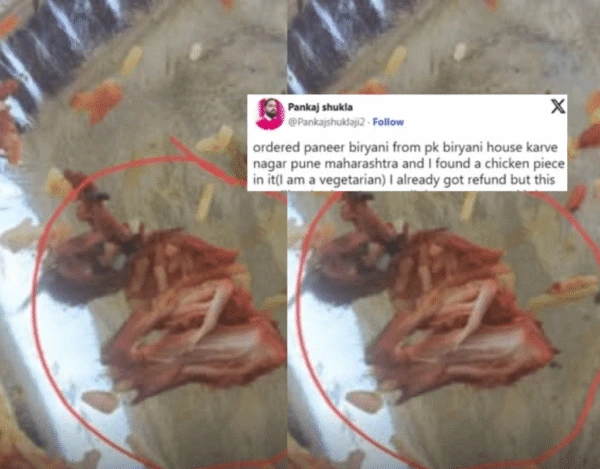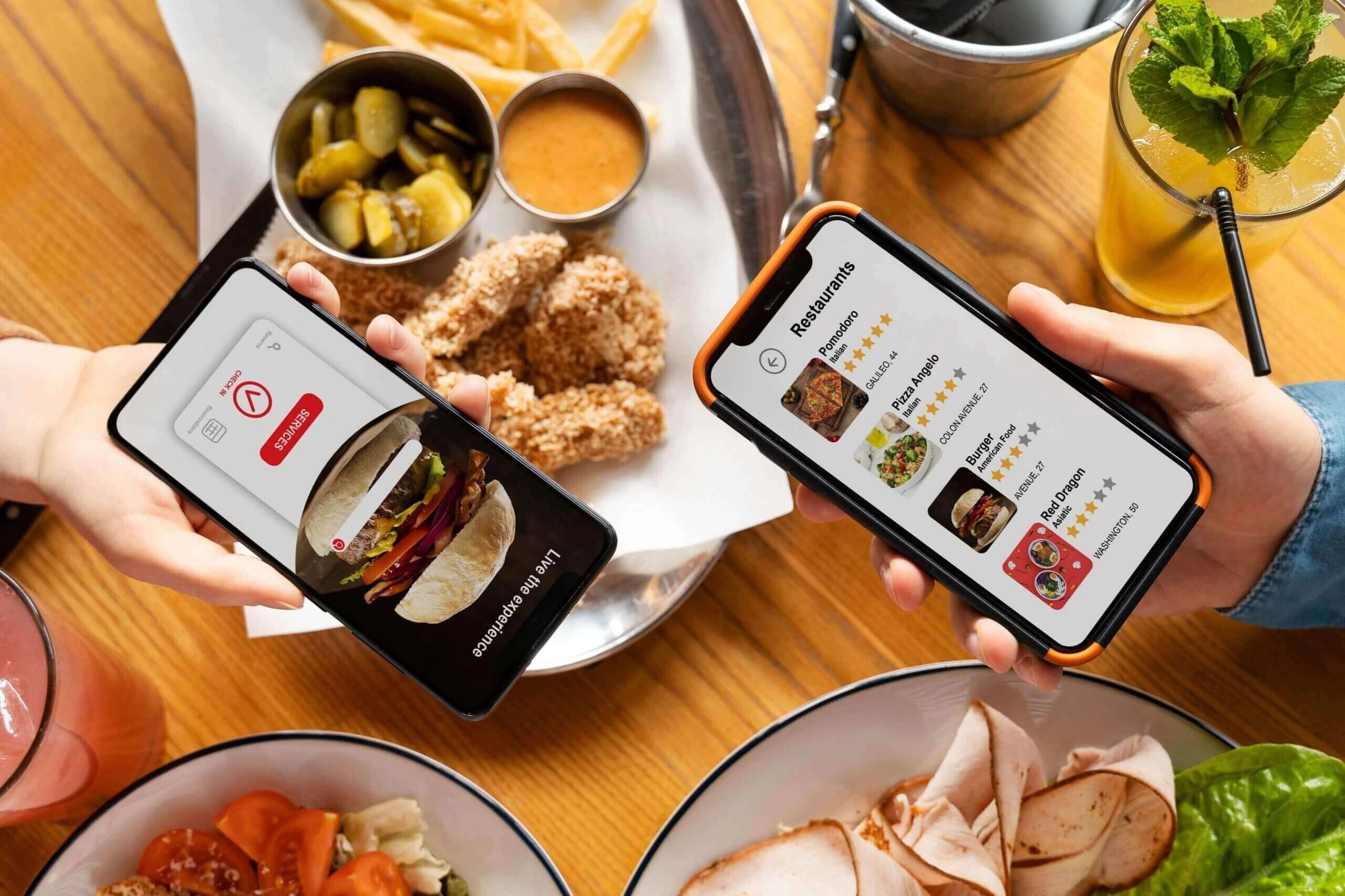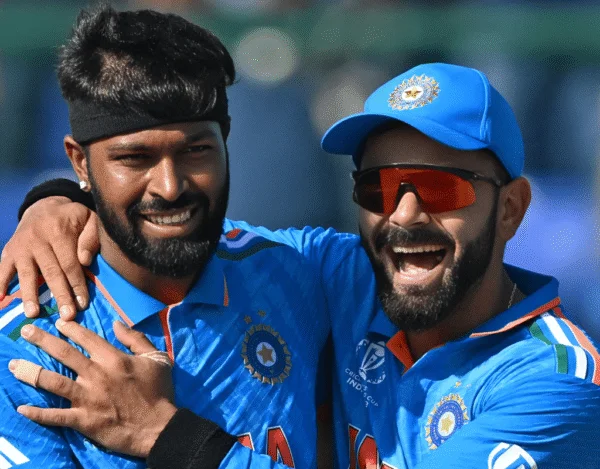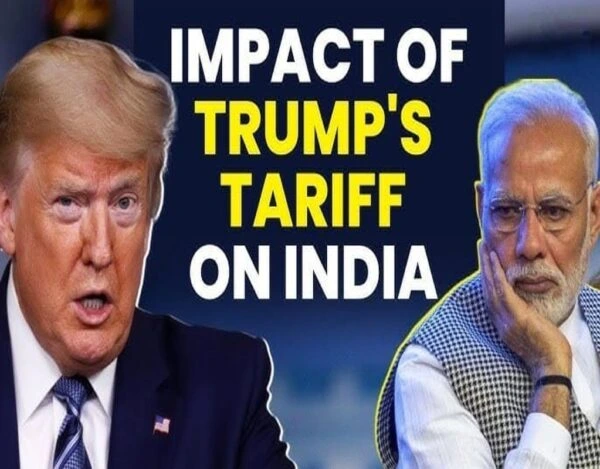Now Reading: Online Delivery in 2025: Viral Blunders Expose Alarming Truths About Food Accuracy
-
01
Online Delivery in 2025: Viral Blunders Expose Alarming Truths About Food Accuracy
Online Delivery in 2025: Viral Blunders Expose Alarming Truths About Food Accuracy

After a viral veg biryani blunder, uncover alarming truths about online food delivery accuracy & safety in India. Essential read for consumers in 2025!
The convenience of online food delivery has undeniably reshaped how urban India dines. With a few taps on a smartphone, culinary delights from across the city arrive at our doorstep, transforming mundane meals into accessible feasts.
However, this burgeoning industry, which has become an integral part of daily life for millions, is not without its challenges.

Online
Occasional incidents of incorrect orders, particularly the alarming mix-up of vegetarian and non-vegetarian meals, serve as stark reminders of the intricate web of trust, hygiene, and accuracy that underpins this digital convenience.
One such incident, involving a Pune resident’s Zomato order of what was supposed to be a vegetarian biryani, starkly brought these issues to the forefront.
The customer, Pankaj, reportedly found a piece of chicken in his ‘paneer biryani’, sparking outrage and a viral debate across social media platforms like X (formerly Twitter).
While Zomato was swift to offer a refund and initiate an investigation, this was far from a mere financial transaction for Pankaj, a vegetarian whose religious sentiments were deeply affected.
His experience, and similar past incidents, underscore a critical question: How robust are the systems safeguarding dietary accuracy and food safety in India’s rapidly expanding online food delivery ecosystem?
This comprehensive article delves deep into this multifaceted issue. We will move beyond the individual incident to explore the systemic challenges faced by food delivery platforms and their restaurant partners, unpack the profound cultural and religious significance of dietary practices in India, examine existing consumer rights and regulatory frameworks, and propose forward-looking solutions.
Our aim is to provide a valuable resource for consumers, industry players, and policymakers alike, ensuring that convenience never comes at the cost of trust and safety.
The Pune Incident: A Case Study in Breached Trust
The core of Pankaj’s experience, which garnered significant attention in May 2024, resonates with a fundamental expectation of food delivery: receiving exactly what you ordered, especially concerning dietary restrictions.
His complaint, shared publicly on X, highlighted not just a logistical error but a deeply personal affront to his religious sentiments as a vegetarian.
The inclusion of a chicken piece in a dish explicitly ordered as paneer biryani from PK Biryani House in Karve Nagar, Pune, transcended a simple mistake to become a violation of trust and deeply held beliefs.

Zomato’s response was commendable in its promptness and empathetic tone, publicly acknowledging the sensitivity of the issue and immediately requesting details for investigation. Such swift public engagement is crucial for brand reputation in the age of viral social media.
Hi Pankaj, our highest priority is to ensure that we never compromise with anyone’s sentiments. Please share your order ID or registered phone number via DM so that we can get this checked. https://t.co/jcTFuGT2Se
— Zomato Care (@zomatocare) May 14, 2024
However, as Pankaj himself emphasized, a refund, while a necessary step, cannot fully compensate for emotional and spiritual distress. This sentiment was echoed by countless netizens, particularly from India’s vast vegetarian population, who understood the gravity of such a mix-up.
This incident, therefore, serves as a powerful case study, illustrating:
- The immense power of social media in amplifying individual grievances and holding corporations accountable.
- The fragility of consumer trust in the digital food delivery space.
- The profound cultural and religious significance of food in India, where dietary choices are often intertwined with identity and belief systems.
The Cultural and Religious Significance of Vegetarianism in India
To truly grasp the gravity of incidents like Pankaj’s, one must understand the deep-rooted cultural and religious significance of vegetarianism in India. It is far more than just a dietary preference; for millions, it is a cornerstone of their identity, tradition, and spiritual practice.
- Religious Mandates: Major religions like Hinduism, Jainism, and Buddhism, and various sects within them, often advocate or strictly observe vegetarianism (and sometimes veganism) as a principle of Ahimsa (non-violence) towards all living beings.
- Consuming meat, even accidentally, can be seen as a violation of spiritual tenets, requiring purification rituals or causing significant emotional distress.
- Cultural Identity: Vegetarianism is often passed down through generations, shaping family traditions, social practices, and culinary heritage. It’s integral to many festivals, rituals, and ceremonies.
- Ethical and Health Choices: Beyond religion, a growing number of Indians also adopt vegetarianism for ethical reasons (animal welfare) or health benefits, making precise dietary adherence crucial.
For individuals with such deeply ingrained dietary practices, an accidental non-vegetarian inclusion is not merely an “incorrect order” but a profound breach of trust that impacts their personal, spiritual, and ethical well-being. This context elevates the issue from a logistical error to a matter of significant cultural and emotional sensitivity.
Root Causes: Why Do Such Mix-Ups Occur?
Incidents of vegetarian/non-vegetarian mix-ups are rarely malicious but are often symptoms of systemic vulnerabilities within the food preparation and delivery chain. Understanding these root causes is vital for effective prevention:
- Kitchen Operations & Segregation:
- Shared Spaces: Many multi-cuisine restaurants, especially smaller ones, operate with limited kitchen space, where vegetarian and non-vegetarian dishes might be prepared side-by-side or even on the same cooking surfaces if strict protocols aren’t followed.
- Utensil Cross-Contamination: Use of common spatulas, ladles, or cutting boards without thorough cleaning between preparations is a common culprit.
- Ingredient Storage: Improper segregation of raw vegetarian and non-vegetarian ingredients (e.g., storing chicken next to paneer in a cold storage unit).
- High Pressure Environment: Commercial kitchens, especially during peak hours, are high-pressure environments, increasing the likelihood of human error, mislabeling, or accidental ingredient drops.
- Packaging & Labeling Errors:
- Manual Labeling: Reliance on handwritten labels or simple stickers can lead to errors. A simple typo or misplacement of a label can have significant consequences.
- Similar Packaging: Many restaurants use identical packaging containers for all dishes, making it difficult for delivery personnel or consumers to verify contents without opening.
- Inadequate Training: Restaurant staff responsible for packaging might lack sufficient training on the critical importance of dietary segregation and precise labeling.
- Delivery Process Flaws:
- Bag Mix-ups: While less common for contents within a meal, delivery partners picking up multiple orders from the same or different restaurants might accidentally swap bags, leading to incorrect deliveries.
- Lack of Verification at Pickup: Delivery partners often don’t verify the contents of sealed bags, relying solely on the attached receipt, which itself might be incorrect.
- Information Flow Discrepancies:
- Platform-Restaurant Sync: Occasional glitches or misconfigurations in how a dish is listed on the platform versus how it’s prepared or labeled by the restaurant.
- Menu Updates: Outdated menus or temporary changes at the restaurant not being accurately reflected on the delivery app.
Consumer Rights and Regulatory Frameworks in India
In India, consumers are protected by various laws and bodies. When it comes to food safety and accuracy in online food delivery, several layers of protection exist, though their application to such specific incidents can sometimes be challenging.
- Consumer Protection Act, 2019: This is the primary law safeguarding consumer interests.
- Deficiency in Service: An incorrect order, especially one violating dietary restrictions, can be considered a deficiency in service.
- Unfair Trade Practices: Misleading labeling or claims could fall under this category.
- Right to Safety: Consumers have a right to safe products, and contaminated or incorrectly prepared food can be a violation.
- Redressal: Consumers can file complaints with District, State, or National Consumer Disputes Redressal Commissions. E-filing of complaints through the e-Daakhil portal has simplified this process.
- Food Safety and Standards Authority of India (FSSAI):
- Licensing & Registration: All food businesses, including restaurants and online food delivery platforms, must obtain FSSAI licenses or registrations.
- Hygiene & Sanitation: FSSAI lays down stringent hygiene and sanitation standards that all food businesses must adhere to.
- Labeling Regulations: FSSAI mandates accurate labeling of food products, including clear declaration of ingredients, nutritional information, and vegetarian/non-vegetarian status (often indicated by green/red dots).
- Enforcement: FSSAI conducts inspections and can penalize businesses for non-compliance. Consumers can also file complaints directly with FSSAI regarding food safety issues.
- Legal Recourse (Beyond Refund): While a refund is typically the immediate resolution, consumers can pursue further action for significant emotional distress or harm. This might involve:
- Formal Complaint: Writing a formal complaint letter to both the platform and the restaurant.
- Consumer Forum: Filing a complaint with the consumer forum for compensation beyond the refund, citing mental agony or violation of rights.
- Social Media Leverage: As seen, public complaints online can often spur faster action from companies due to brand reputation concerns.
Challenges in Enforcement: Despite these frameworks, challenges remain. Proving negligence in a specific one-off incident can be difficult, and the onus often falls on the consumer to gather evidence. The decentralized nature of thousands of partner restaurants also makes consistent oversight challenging for food delivery platforms.
The Role and Responsibility of Food Delivery Platforms
Platforms like Zomato and Swiggy act as crucial intermediaries between restaurants and consumers. Their responsibility extends beyond mere logistics to ensuring a trustworthy and safe experience.
- Technology-Driven Solutions:
- Veg/Non-Veg Filters: Already in place, these need to be robust and strictly enforced, with consequences for restaurants that violate them.
- AI for Anomaly Detection: AI algorithms could potentially flag unusual order patterns, reviews mentioning mix-ups, or even analyze menu descriptions for potential ambiguities.
- Enhanced Order Management Systems: Improved digital communication between platforms and restaurants to ensure order accuracy.
- OTP-Based Delivery Verification: Some platforms use OTPs, but this is primarily for delivery confirmation, not content verification.
- Stringent Onboarding & Audits:
- Restaurant Vetting: More rigorous checks during restaurant onboarding, including adherence to FSSAI norms and explicit protocols for dietary segregation.
- Regular Audits: Implementing surprise quality checks and hygiene audits at partner restaurants, especially those with high complaint rates.
- Mystery Shopping: Sending mystery shoppers to place orders online and offline to verify accuracy.
- Packaging Protocols:
- Standardized Packaging: Encouraging or mandating restaurants to use distinct, color-coded, and tamper-proof packaging for vegetarian and non-vegetarian items.
- Clear Labeling: Requiring restaurants to use prominent, clear, and standardized labels (e.g., FSSAI green/red dot symbols) on the outside of packages.
- Delivery Partner Training: Training delivery executives on the importance of checking labels and handling packages carefully, potentially with visual verification steps.
- Robust Grievance Redressal:
- Dedicated Channels: Easy-to-access customer service channels for immediate reporting of such sensitive issues.
- Thorough Investigation: Prompt and transparent internal investigations into complaints, involving both the customer and the restaurant.
- Consequences for Restaurants: Implementing a clear policy of warnings, temporary suspension, or permanent de-listing for restaurants that repeatedly violate food safety or accuracy standards.
Restaurant Accountability: Best Practices for Prevention
While platforms play a crucial role, the primary responsibility for food preparation accuracy and hygiene lies with the restaurant.
- Strict Kitchen Segregation:
- Dedicated Zones: Where feasible, separate preparation areas or distinct times for vegetarian and non-vegetarian cooking.
- Color-Coded Utensils: Using color-coded chopping boards, knives, and cooking utensils for vegetarian and non-vegetarian ingredients.
- Separate Storage: Ensuring raw and cooked vegetarian ingredients are stored completely separately from non-vegetarian items, with clear labeling.
- Rigorous Training:
- Staff Awareness: Regular training for all kitchen and packaging staff on the critical importance of dietary segregation, cross-contamination prevention, and accurate labeling, emphasizing cultural sensitivities.
- Quality Control Checkpoints: Implementing multiple checkpoints during the preparation and packaging process to ensure the correct order and dietary type.
- Clear Labeling & Packaging:
- Double-Check System: A “double-check” system where one staff member prepares the order and another verifies the contents and labeling before sealing the package.
- Tamper-Proof Seals: Using seals that clearly indicate if the package has been opened after leaving the restaurant.
- Feedback Mechanism: Actively soliciting and responding to customer feedback pnline, using it to refine internal processes and prevent future errors.
The Way Forward: Building a More Trustworthy Food Delivery Ecosystem
Ensuring accurate and safe online food delivery in India is a shared responsibility that requires continuous innovation and collaboration among consumers, restaurants, and delivery platforms.
- Smart Packaging Solutions:
- QR Codes for Traceability: Implementing QR codes on packaging that link to detailed order information, ingredients, and preparation notes, allowing both delivery partners and consumers to verify quickly.
- IoT Sensors (Future Potential): Imagine smart packaging with sensors that could detect temperature deviations or even potential contamination, although this is more futuristic for mass adoption.
- AI and Blockchain for Supply Chain Transparency:
- AI for Predictive Analytics: AI could analyze past incidents, delivery routes, and restaurant data to predict and prevent potential mix-ups or delays.
- Blockchain for Food Traceability: While complex for individual dishes, blockchain could, in theory, create an immutable record of ingredients from farm to fork, enhancing accountability and transparency in the long run.
- Enhanced Consumer Awareness & Education:
- “Check Before You Eat” Campaigns: Platforms could run campaigns encouraging consumers to quickly verify their orders upon delivery, especially if they have strict dietary needs.
- Clear Complaint Procedures: Making it extremely easy for consumers to report issues and track their resolution.
- Stronger Regulatory Enforcement & Industry Standards:
- FSSAI Proactive Audits: Increased frequency of unannounced audits at restaurants catering to online orders, with clear penalties for non-compliance.
- Industry-Wide Best Practices: Food aggregators, in collaboration with restaurant associations, could develop and enforce a universal set of best practices for dietary segregation and labeling.
- Standardized Training Modules: Developing common training modules for restaurant staff on dietary accuracy.
A Wake-Up Call for a Digital India
Pankaj’s experience, though an individual incident, serves as a powerful microcosm of the larger challenges and evolving expectations within India’s dynamic online food delivery sector.
It’s a wake-up call that transcends mere logistics, touching upon profound cultural sensitivities, consumer trust, and public health.
As India’s digital economy continues its explosive growth, driven by unprecedented internet penetration and smartphone adoption, the reliance on digital services like food delivery will only deepen.
This reliance places an even greater onus on online platforms like Zomato and their vast network of partner restaurants to ensure not just convenience and speed, but unwavering accuracy, hygiene, and respect for all customer’s dietary choices and beliefs.
The path forward demands continuous innovation in online food orderingplatforms—technological solutions for traceability and verification, robust training and auditing protocols for restaurants, clear communication, and transparent grievance redressal.
By prioritizing these elements, the industry can fortify the trust of millions of Indians, ensuring that the digital plate truly delivers on its promise of delightful, safe, and accurate meals.
Until then, every such incident will continue to serve as a crucial reminder of the fragile balance between innovation and fundamental consumer expectations.
Also read: You’re Already A Time Traveler! Mind-Blowing Ways Physics Proves Time Travel In 2025. – ParsoTak.in




















